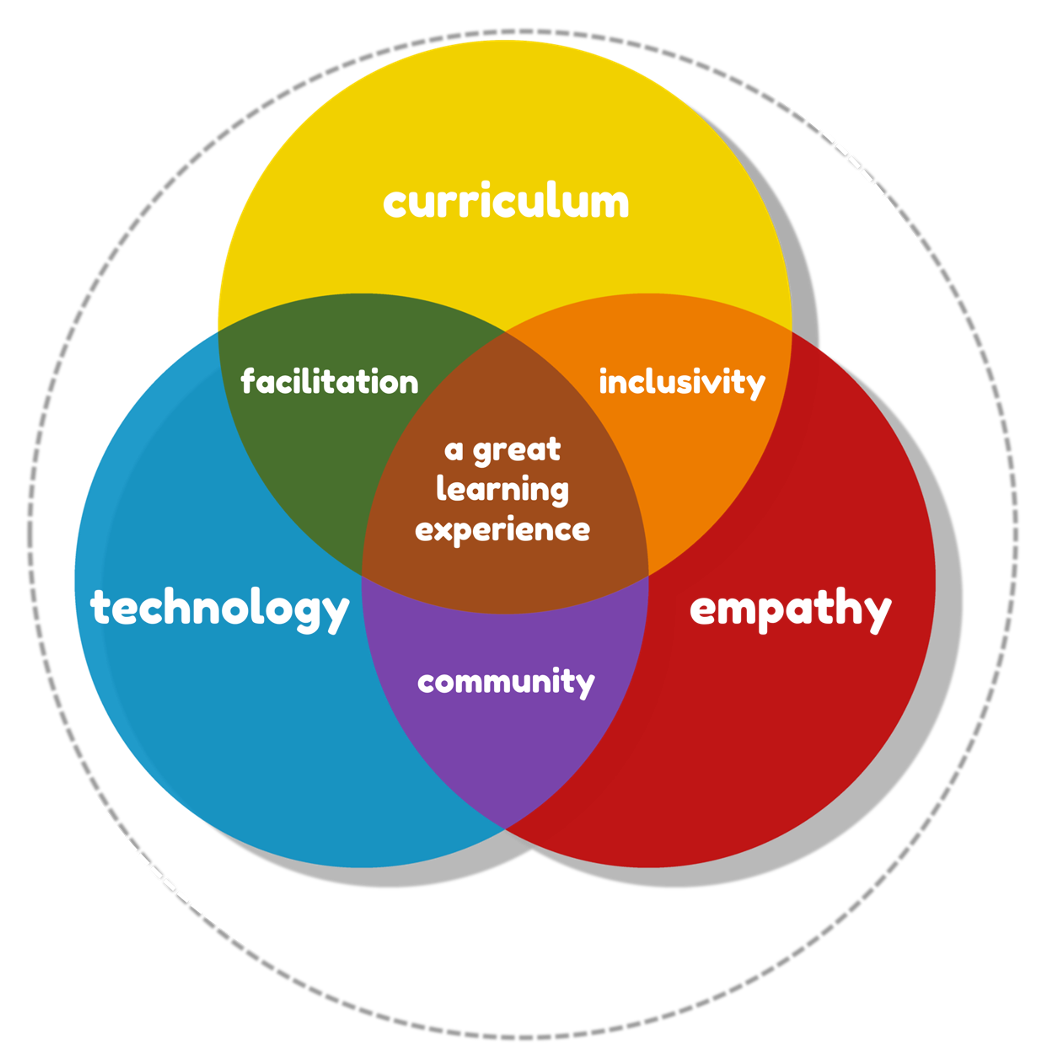PGCert, PGDip,
MA in Creative Teaching and Learning Design

In partnership with Arts University Bournemouth
Next cohort launches August 2025!
Why study with Ding?
Because we love helping people create amazing learning experiences, that’s why.
Collectively, the Ding team have over 100 (yes, 100…) years’ experience of working in creative teaching and learning design.
Nothing excites us more than seeing our students develop their ability to design and deliver transformative learning experiences.
If you’re up for the challenge, we’d love to help you too. Read on…
Watch an open day presentation
Open day 1: Meet the founders
Why did we build a course in Creative Teaching and Learing Design? In this open day presentation, Phil and Tony from Ding explain the vision behind the course, how it works, and who it’s for.
Open day 2: Meet the graduates
Rosie Holmes and Tara Murphy are both learning professionals who completed the Bootcamp unit of the course. Find out how it helped them reframe their skills and open a new career path.
Open day 3: Meet the PGCert leader
Ben Smart is a learning designer who leads the PGCert stage. Hear from Ben as he and Tony talk about how the PGCert works, and get an insight into the course philosophy.
Which stage is right for you?
Our short diagnostic quiz will help you decide.

I loved the enthusiasm of the Ding Learning Design Team delivery – each member of the team had such a unique delivery method and it really kept things engaging! Loved the use of Slack and the intro videos to create a genuinely exciting way to engage with other members of the group.
PGCert
The PGCert is a recognised teaching qualification and designed for people who want a solid foundation in teaching and learning design.
In the Learning Design Bootcamp (20 credits), you’ll explore six fundamental pillars: empathy, curriculum, inclusivity, facilitation, technology, and community. This unit provides a robust framework for understanding how effective learning experiences are crafted.
The Creative Teaching and Learning Design unit (40 credits) then deepens your understanding by encouraging critical reflection on the relationship between creative teaching, learning design, assessment, and feedback.
You’ll engage with established and emerging learning theories, and learn how to practically apply them to design creative and inclusive learning experiences.
Student stories
I loved the straightforward instructions and layering of tools rather than being bombarded all at once. There was an immediate creation of community through the online platform. Individual considerations were taken into account, and the Ding team were quick to answer questions and spent time giving feedback.
PGDip
Our PGDip in Learning Design Methods is designed for learning professionals who want to develop their ability to lead through advanced learning design.
The Learning Design Toolkit unit (40 credits) is where theory meets practice. Here, you’ll develop advanced skills in project management, UX design, and the application of digital technologies in learning contexts. You’ll explore topics including artificial intelligence, storytelling, learning product development, creative direction, video production, UX design, accessibility, project management, digital technologies, change management, and effective communication.
The Learning Design in Context unit (20 credits) strengthens your ability to lead through research in creative teaching and learning design roles. Learning professionals regularly explore new and unfamiliar problems, and in this unit you’ll have the opportunity to investigate an area of interest related to your present or future work. You’ll conduct a small-scale research project to build your confidence in research, decision-making and developing new insights.
More student stories
Masters
The Masters stage is designed for professionals who want to use advanced research to innovate in teaching and learning design.
The Researching Creative Teaching and Learning Design unit (60 credits) is an extensive exploration of how learning design intersects with creative teaching and other disciplines. You’ll identify a suitable audience and topic for a substantial research project, then design and execute this project drawing on all the skills and knowledge you have acquired throughout the course.
This stage encourages you to push the boundaries of conventional teaching and learning design, positioning you at the forefront of innovation in the field and preparing you for leadership roles in learning and teaching.
If you’re someone who wants to get better at learning design, or create training, I would recommend it. The content is really good, the resources are really good, and because you’re doing it you get to understand what it would take to do those specific activities and tasks.
Even more student stories!

Learn Ding’s approach to Learning Design
Our philosophy is based on 6 core principles of effective learning design: Empathy, Curriculum, Inclusivity, Technology, Facilitation and Community.
Each principle is supported by extensive research into the factors that produce effective learning experiences.
When you approach curriculum design empathically, you design inclusively.
When you apply empathy to online learning, you can leverage technology to produce community.
And when you put technology in service of the curriculum, the delivery model shifts from broadcast to facilitation.
Want to find out more?
Download the brochure to find out more about each stage of the programme.
Then book a call with the Ding team. We’d be very happy to answer all your questions!
So what are you waiting for?
If you’re fascinated by how people learn, if you enjoy solving complex problems, if you’re interested in how technology is changing how we share knowledge – learning design might be your next step.
Whether you’re an educator looking to broaden your impact or someone from another field interested in the human side of knowledge and learning, there’s never been a more interesting time to develop these skills.


